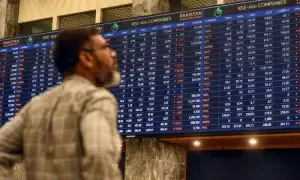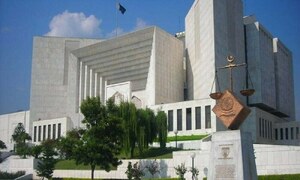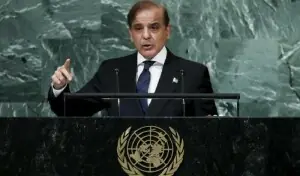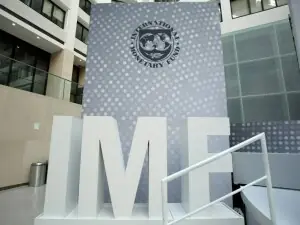Some European Central Bank governors are keen to begin preparing markets for an exit from ultra-loose monetary policy, minutes of a January meeting published Thursday showed, but a majority still plump for caution. "It was remarked that communication on monetary policy would continue to develop according to the evolving state of the economy," according to the minutes, which do not name individual speakers.
As economic strength in the 19-nation single currency has grown, it has also boosted the voices of central bank chiefs who long to reduce the Frankfurt institution's massive support for the economy in step. But "changes in communication were generally seen to be premature at this juncture, as inflation developments remained subdued despite the robust pace of economic expansion," the minutes note.
The ECB's massive monetary support in the shape of 30 billion euros in monthly bond purchases and ultra-low interest rates has boosted economic growth, but has yet to bring inflation back to the central bank goal of just below 2.0 percent.
Governing council members agreed to review the language of their regular policy statement - which still calls for increasing bond purchases in case of a return to economic weakness - "early in the year", unchanged from the minutes of December's meeting.
Kicking the disagreement about communication down the road was "a clear sign that the governing council is currently divided," commented economist Carsten Brzeski of ING Diba bank. Policymakers see the strength of the single currency against other units - making imports cheaper and sapping exports - as a factor in recent weak inflation readings in the eurozone.
BR100
16,405
Increased By
92.5 (0.57%)
BR30
52,938
Increased By
579.1 (1.11%)
KSE100
158,781
Increased By
743.5 (0.47%)
KSE30
48,500
Increased By
249 (0.52%)





















Comments
Comments are closed.